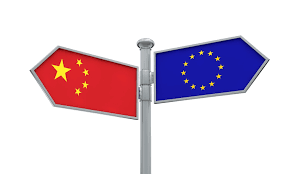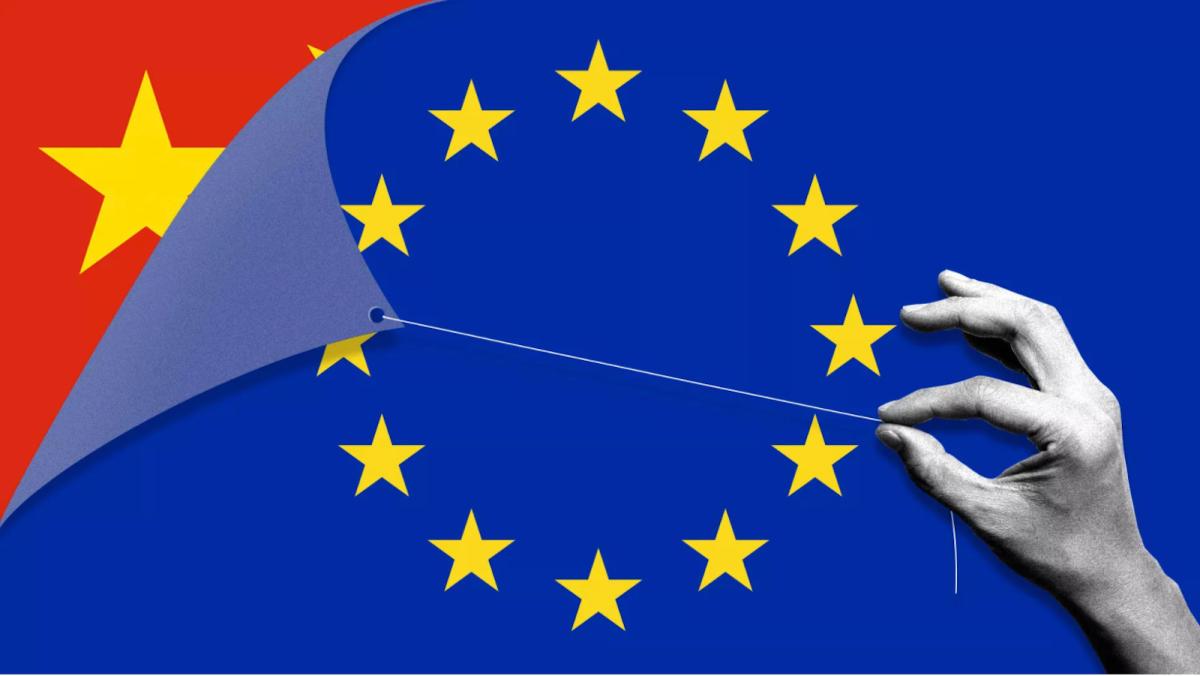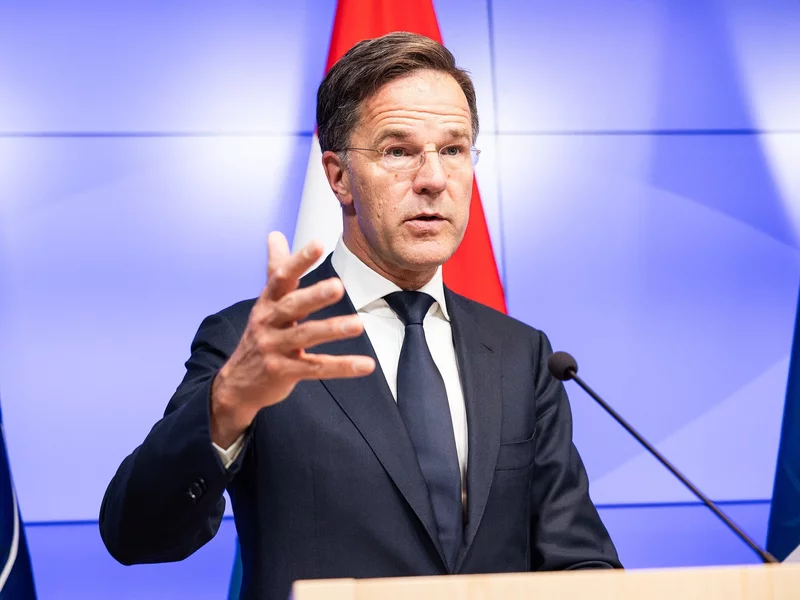Think tank European Council on abroad Relations (ECFR) conducted a public opinion survey in the first half of this year in 11 EU associate States – Austria, Bulgaria, Denmark, France, Germany, Hungary, Italy, the Netherlands, Poland, Spain and Sweden.
One of the subjects of the survey was the Europeans' attitude towards China.
The respondents proved to be in favour of maintaining neutrality in the American-Chinese conflict and reluctant to break ties with China, especially in the face of the risks of specified a solution. At the same time, they see any risks arising from the economical presence of the mediate State in Europe.
China – European Union
Europeans present an attitude closer to Emmanuel Macron's approach (reviving a strategical and global partnership with China and maintaining close economical relations with them) than Ursuli von der Leyen (China is simply a competitor and a strategy rival). They do not see China as a power that challenges and wants to weaken Europe, they do not "buy" the slogan "democracy versus autocracy" promoted by the Biden administration, despite the partnership "without limitations" and close ties between China and Russia.

Europeans' perception of the mediate has amazingly small changed compared to the results of the 2021 survey.
- 43% of respondents believe that China is an essential partner in Europe with which it must work strategically;
- 24% consider them a rival,
- 11% for the opponent with whom Europe is in conflict.
Paradoxically, the call to reduce risks in Europe's relations with China is favoured by the public in France and Germany, whose leaders have so far promoted a much more agreeable approach. As many as 53% of the Bulgarians surveyed see China as an essential partner of the EU. 36% of Poles share the same opinion, and 30% have no opinion. This is the largest percent of the indecisive in Europe.
China-Russia-Union relations
Europeans have no uncertainty that Russia and China are cooperating internationally. 52% of respondents consider these countries to be close partners. 84% of the Bulgarians and 68% of Poles surveyed expressed this opinion. However, this does not mean that Europe should distance itself from China, as it did with Russia.
In all countries surveyed, on average, only 22% of respondents believe that economical relations between the region and China are more dangerous than benefits. reasoning of China, they do not seem to combine this with the European experience of dependence on Russia and the resulting energy crisis.
Almost all country under investigation is dominated by the view that the risks and benefits of Europe's trade and investment relations with China are balanced. The Bulgarians even believe that the benefits outweigh the risks. In no country has it prevailed that Europe's trade with China is more risky than its benefits.

However, if China had decided to supply Russia with ammunition and weapons, it would have meant exceeding the "red line". 41% of those surveyed support the imposition of sanctions on China with specified developments. Even if it meant serious harm to Western economies. 33% argue sanctions even in specified a situation.
According to the results of the survey, the absolute majority of Swedish, Danish and Dutch residents would be in favour of introducing sanctions (56%, 53.51%), respectively. In Austria, Hungary, Italy and Bulgaria, the majority would be against sanctions (45%, 44%, 42% and 39%), respectively. These differences are easy explained. The economies of Sweden and Denmark are importantly little dependent on trade with China than the economies of Italy or Germany (38% against sanctions). Any sanctions would simply be little costly for the Scandinavians.
In Poland, 45% of respondents voted to impose sanctions, 27% opposed.
Overall, at least 25% of respondents agree with the possible introduction of possibly costly sanctions.
China's presence in Europe
Europeans are increasingly cautious about the applicable aspects of China's economical presence in Europe.
- 43% of the 11 countries surveyed are opposed to Chinese companies allowing infrastructure building in Europe. 39% in favor.
- 42% are against the sale of football clubs to Chinese investors, 37% are behind.
- 52% are against China taking over European technology companies. 31% have an other opinion.
- 59% disagree that Chinese companies are being sold to European media. 22% in favor.
- 65% argue the sale to Chinese companies of national critical infrastructure specified as highways, bridges or ports. 18% in favor.
Europeans are so afraid about China's economical presence in Europe, which is peculiarly expressed by the people of Italy, the Netherlands, Poland, Spain and Hungary. The top concern is shown by those surveyed from Austria, Germany and the Netherlands, while the Bulgarians and the Spanish are open to this presence.

As regards the possible risks of economical dependence on China, Europeans' opinions focus more on the circumstantial economical presence of the country than on abstract and distant trade or investment links. This may be due to the fact that Europe's dependence on China is not visible in everyday life or in the media, as is the energy dependency on Russia.
Source:
ecfr.eu
Author: 梁安基 Andrzej Z. Liang, 上海 Shanghai, 中国 China
Email: [email protected]
Editorial: Leszek B.
Email: [email protected]
© www.chiny24.com


















